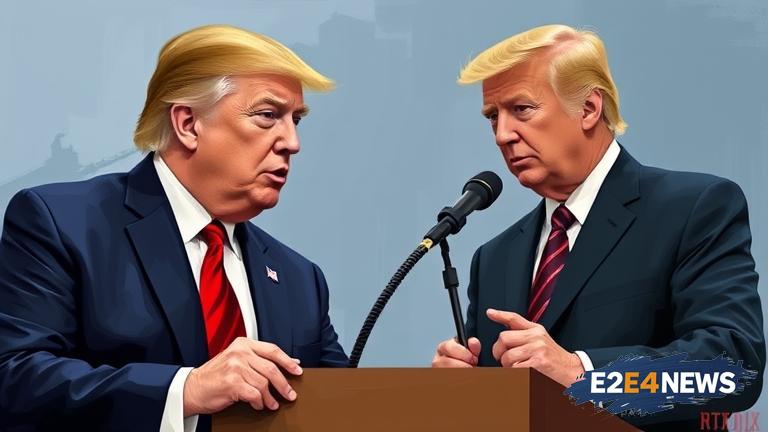The Trump administration has imposed a 50% tariff on Brazilian steel and aluminum imports, citing national security concerns. This move has been met with criticism from lawmakers and industry leaders, who argue that it is an overreach of executive power. The tariff is part of a broader trade policy that has been implemented by the Trump administration, which has also included tariffs on imports from other countries such as China and Canada. The administration has argued that these tariffs are necessary to protect American industries and jobs, but critics say that they will ultimately harm the US economy. The Brazil tariff is particularly notable because it is the first time that the Trump administration has used the Section 232 of the Trade Expansion Act to impose tariffs on a country that is not considered a national security threat. This has raised concerns about the potential for abuse of executive power and the impact on international trade relationships. The tariff has also sparked a court challenge, with a group of lawmakers and industry leaders arguing that it is unconstitutional and exceeds the president’s authority. The court challenge is currently pending, and it is unclear how it will be resolved. The Brazil tariff is also likely to have significant economic implications, both for the US and for Brazil. The US is one of Brazil’s largest trading partners, and the tariff could lead to retaliatory measures from the Brazilian government. This could have a negative impact on US businesses that export goods to Brazil, as well as on American consumers who rely on Brazilian imports. The tariff could also lead to higher prices for steel and aluminum in the US, which could have a negative impact on industries such as construction and manufacturing. Furthermore, the tariff has been criticized for its potential impact on the global economy, as it could lead to a trade war between the US and other countries. The World Trade Organization has expressed concerns about the tariff, and has urged the US to reconsider its trade policies. In addition, the European Union has also criticized the tariff, and has threatened to impose retaliatory measures if it is not lifted. The Brazil tariff is also likely to have significant political implications, both in the US and in Brazil. The tariff has been seen as a key issue in the upcoming US presidential election, with some candidates criticizing the Trump administration’s trade policies. In Brazil, the tariff has been seen as a major blow to the country’s economy, and has led to calls for the government to take action to protect Brazilian industries. Overall, the Brazil tariff is a complex and contentious issue that has significant economic, political, and international implications. It remains to be seen how the court challenge will be resolved, and what the ultimate impact of the tariff will be on the US and global economies.
